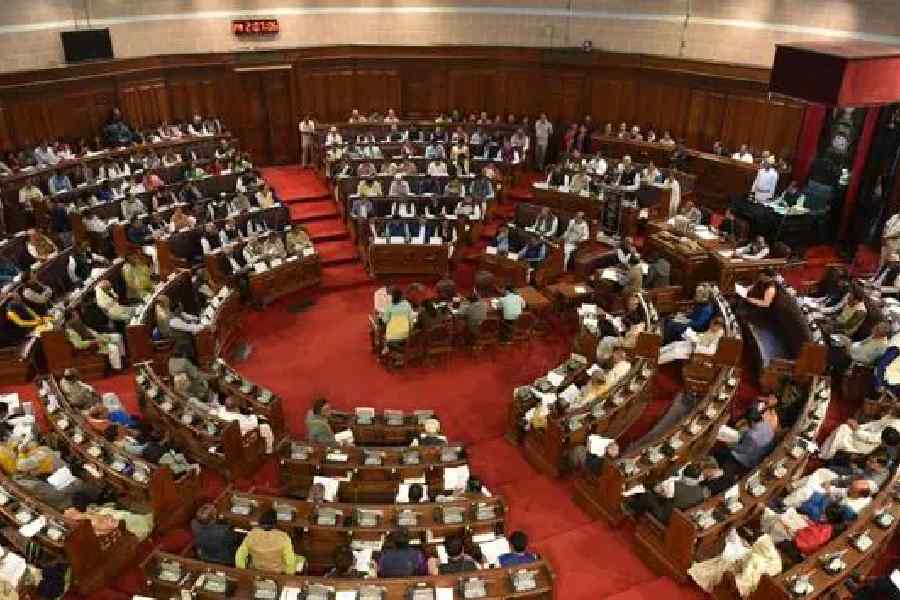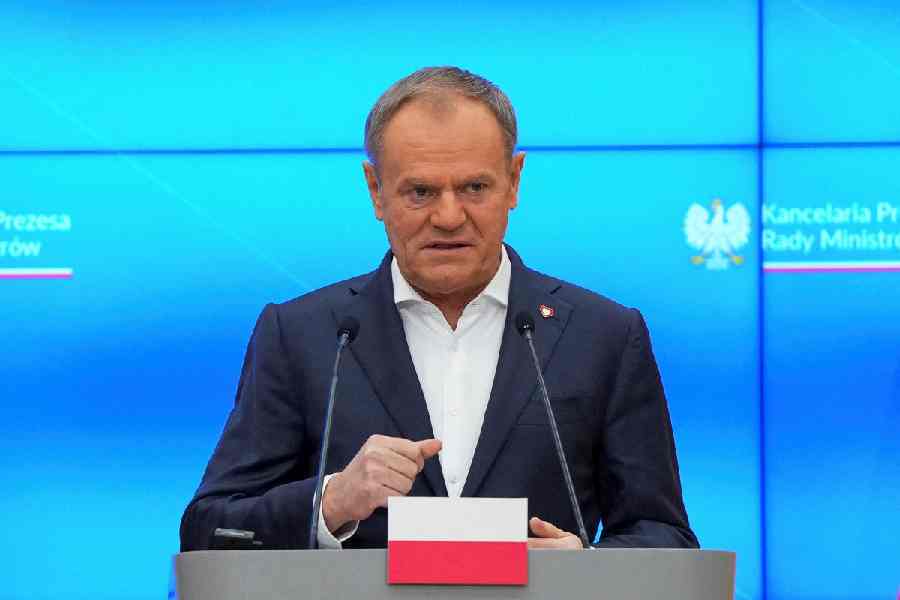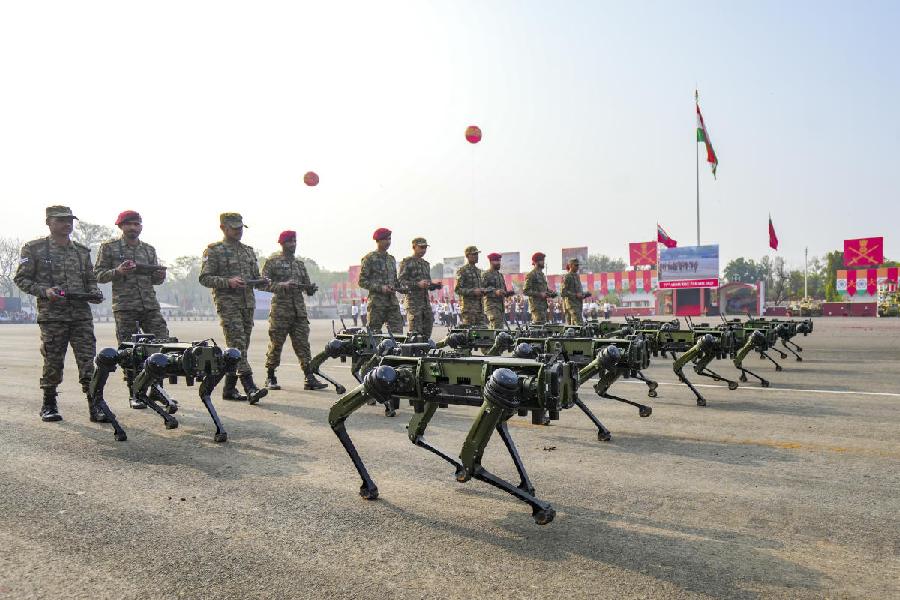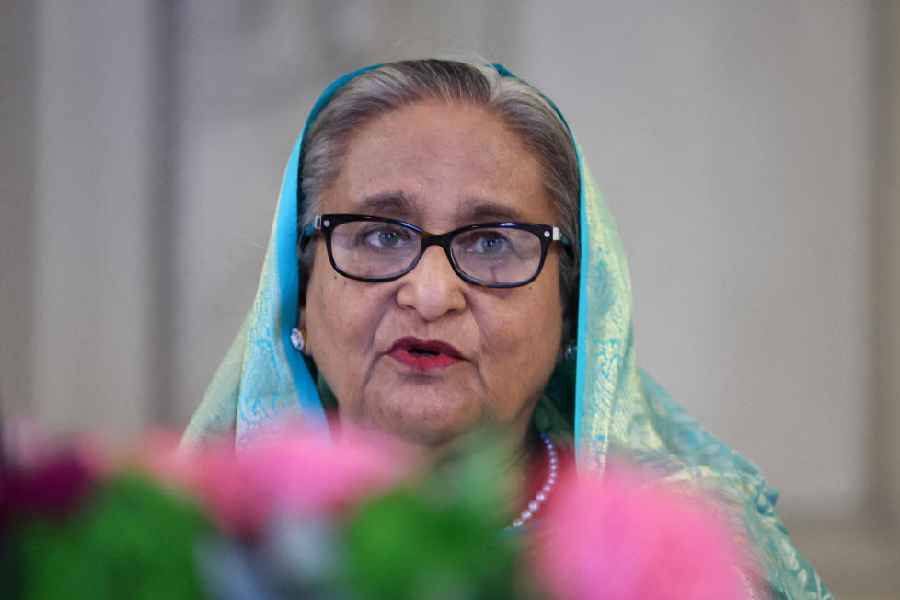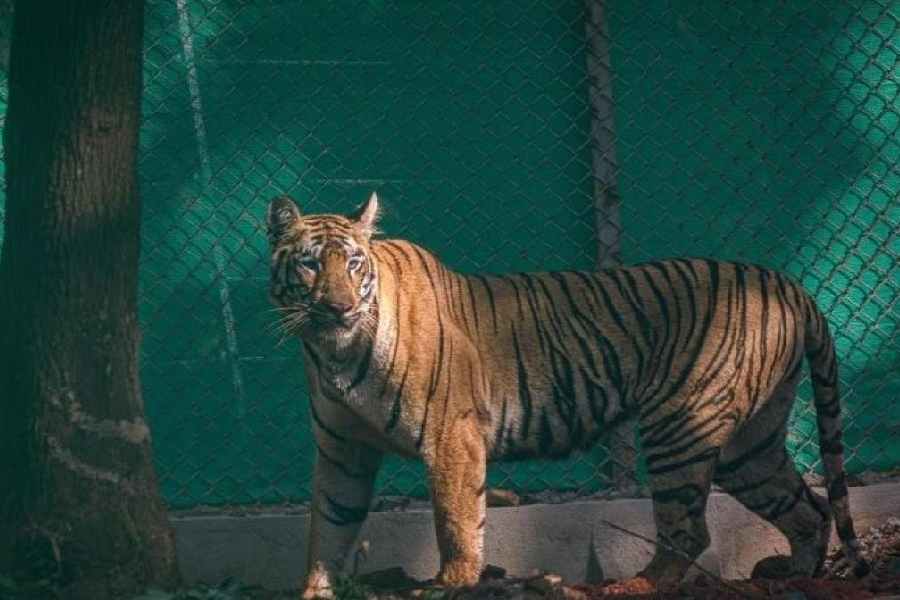The Bengal Assembly on Tuesday approved two bills to establish private universities: Rabindranath Tagore University in Dhaniakhali, Hooghly, and Ramakrishna Paramhansa University in Agarpara, North 24-Parganas.
Once the two are set up, Bengal will have 44 state-aided and private universities.
The state now has 14 private universities.
Rabindranath Tagore University will be run by Kalipada Saha Memorial Trust and the Ramakrishna Paramhansa University will be promoted by Ramakrishna Vivekananda Mission.
Sources in the government said construction work for the two universities will start immediately after the state government sanctions the proposals.
Introducing the bills in the Assembly, education minister Bratya Basu said: “Before 2011, there were only 11 universities in the state and all were state-sponsored. After Mamata Banerjee came to power, in the last 13 years, the number of universities has grown to 44, of which many are sponsored by the state.”
The two bills mandate 25 per cent reservation for students from the state, 5 per cent reservation for financially disadvantaged students getting scholarships and 50 per cent reservation of non-teaching posts for people from Bengal.
Apart from the regular curriculum, both universities will focus on specialised areas like vocational courses, hospitality, fashion technology, food and nutrition, MCA, BCA and BBA.
The state government had said in its education policy unveiled in June last year that the state had adopted a policy “to promote private investment in the higher education sector”.
“Some state-aided universities have already started collaborating with private universities to promote joint teaching and research programmes,” said the policy which varies with the National Education Policy.
An official in the education department said: “The new private universities are being developed in line with the state education policy. These universities will be able to draw their syllabuses, recruit teachers as they deem fit and determine their fees.”
In state-aided universities, the teaching postsare approved by the state government. The fees are decided by the higher educationdepartment.
Now that the bills are passed, their copies will be sent to the UGC for its approval, an education department official said. “The permission is readily granted as it is a mere formality. Thereafter, the UGC will come to the campuses for inspection,” said the official.
The state government is likely to introduce the Bhawanipur Global University Bill on Wednesday, proposing the first private university in the Kolkata Municipal Corporation area. The university will come up on a three-acre plot in Tollygunge.
Sources added that the Bhawanipur Gujarati Education Society, which runs The Bhawanipur Education Society College, is setting up the private university, which is expected to start operations next academic session, subject to necessary approvals.
The opposition raised concerns that the “unchecked” growth of universities might compromise the quality ofeducation.
BJP chief whip Shankar Ghosh said: “There are many universities that don’t have proper infrastructure. This will hurt the students and they will prefer to move out of the state. Instead of increasing the number of universities, the department should enhance the quality of education.”
Trinamool MLA Rafiqul Islam Mondal said: “The increase in the number of universities shows that the state government is keen to spread education to the farthest corners of the state.”

